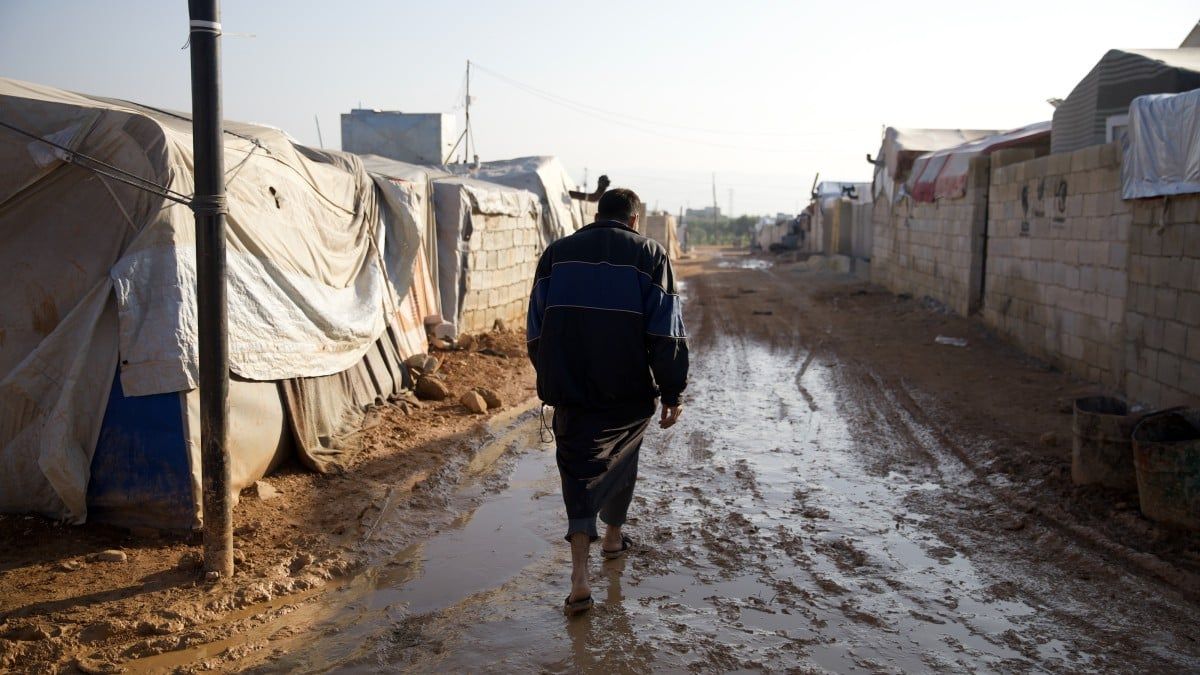Extreme weather driving refugees to the brink, UN warns

The UN Refugee Agency (UNHCR) announced on Monday that more than 117 million people have been displaced worldwide this year due to conflict, persecution, and violence, warning that their situation is being made far worse by the escalating climate crisis.
The agency noted that extreme weather events are hitting vulnerable communities with growing force. “Floods in South Sudan and Brazil, unprecedented heatwaves in Kenya and Pakistan, and severe water shortages in Chad and Ethiopia are pushing already fragile populations to the brink,” UNHCR said.
Over the past ten years, weather-related disasters have triggered 250 million internal displacements, averaging around 70,000 people a day, or roughly two every three seconds.
UNHCR cautioned that basic support systems for refugees are already under immense pressure. In parts of flood-hit Chad, newly arrived refugees escaping war in Sudan receive less than 10 litres of water per day, far below emergency standards.
Research also suggests that by 2050, the hottest refugee camps could endure nearly 200 days of extreme heat stress annually, posing severe threats to health and survival. Many such locations may become unlivable because of lethal combinations of heat and humidity.
The agency added that 1.2 million refugees returned home in early 2025, but half of them resettled in areas highly vulnerable to climate impacts. Across Africa, 75 per cent of land is degrading, and more than half of all refugee settlements are located in high-stress zones. These conditions are shrinking access to food, water, and livelihoods, fuelling recruitment by armed groups in the Sahel and driving cycles of conflict and displacement.
Despite surging needs, UNHCR says severe funding gaps and what it calls an unfair global climate finance system have left millions exposed. Countries hosting refugees receive only one quarter of the climate funding they require, while most climate finance never reaches displaced populations or their host communities.
Speaking at the opening of the UN COP30 climate summit in Belém, Brazil, UNHCR chief Filippo Grandi warned that funding cuts are undermining efforts to shield refugees from extreme weather. “If we want stability, we must invest where people are most at risk,” he said. “Climate finance must reach communities already living on the edge. They cannot be left on their own. This COP must deliver real action, not empty promises.”
Here we are to serve you with news right now. It does not cost much, but worth your attention.
Choose to support open, independent, quality journalism and subscribe on a monthly basis.
By subscribing to our online newspaper, you can have full digital access to all news, analysis, and much more.
You can also follow AzerNEWS on Twitter @AzerNewsAz or Facebook @AzerNewsNewspaper
Thank you!
